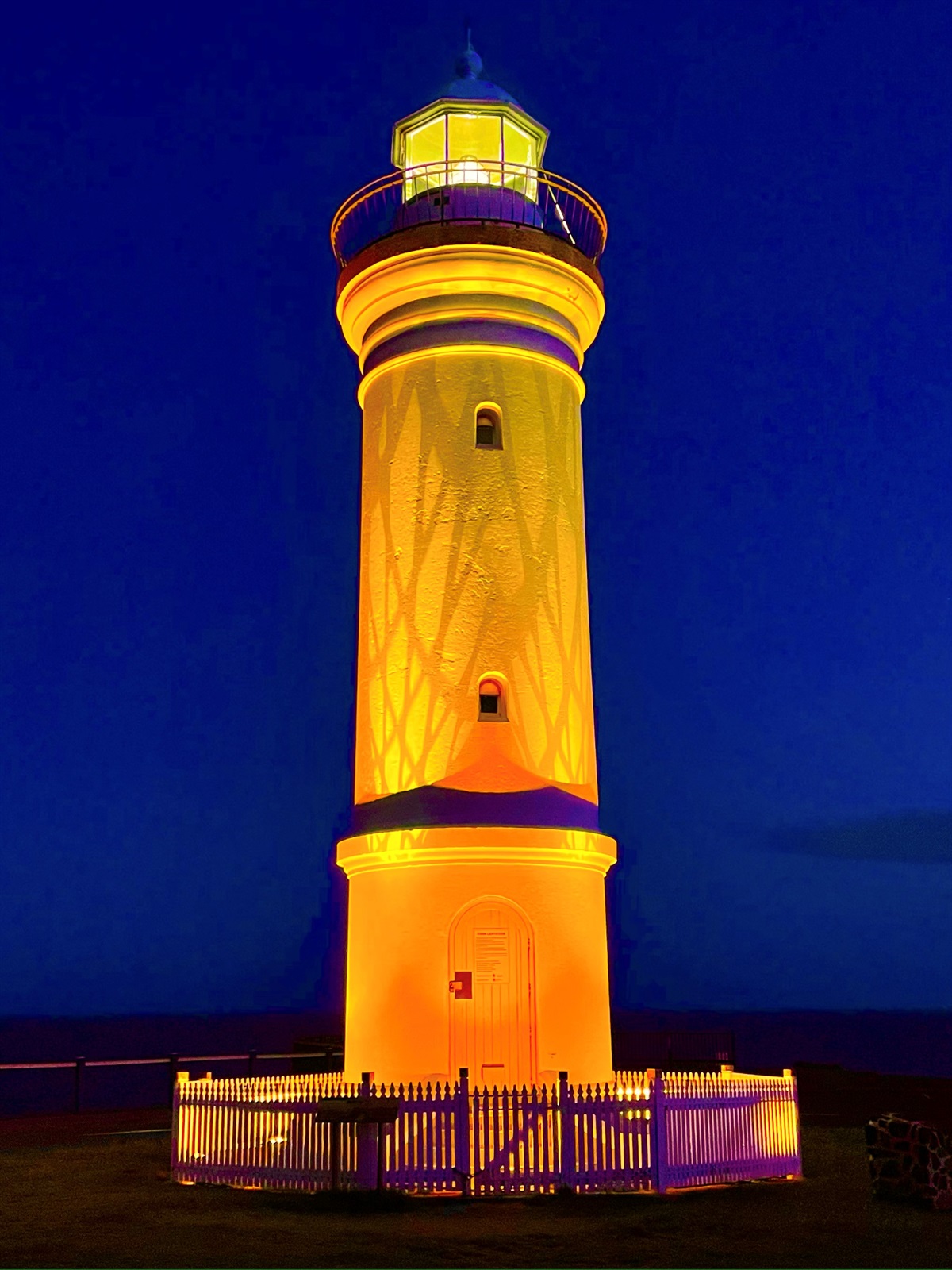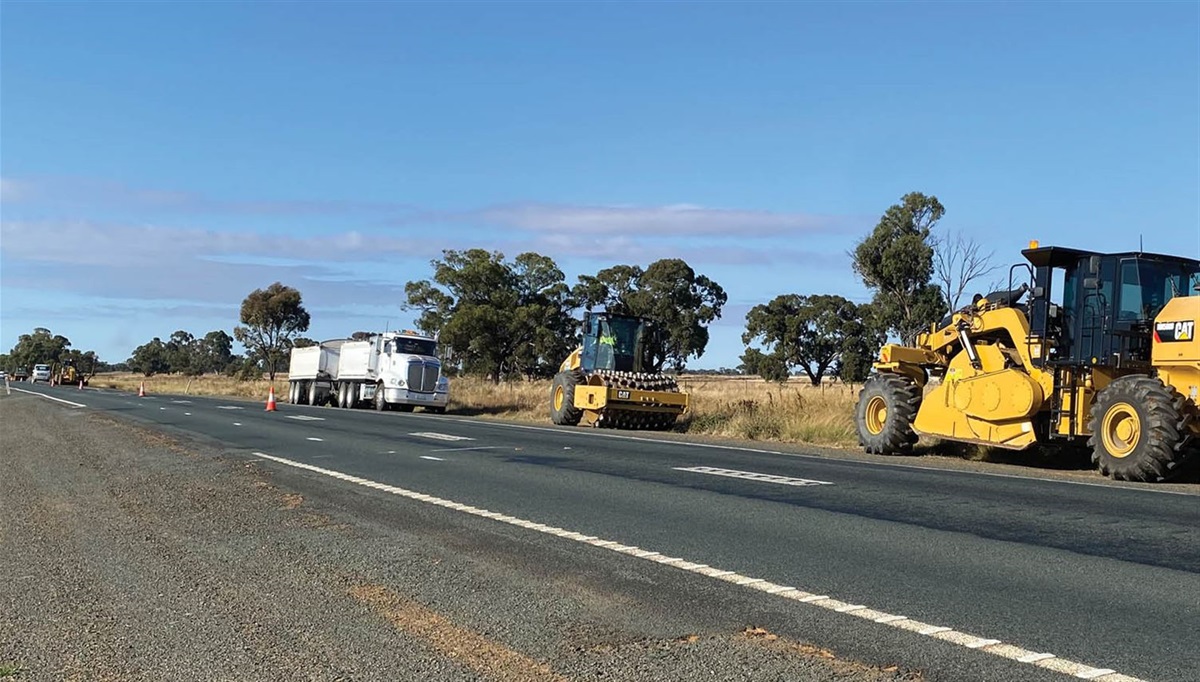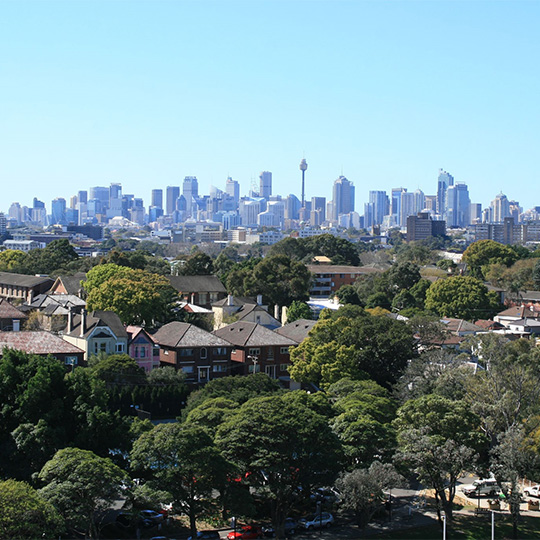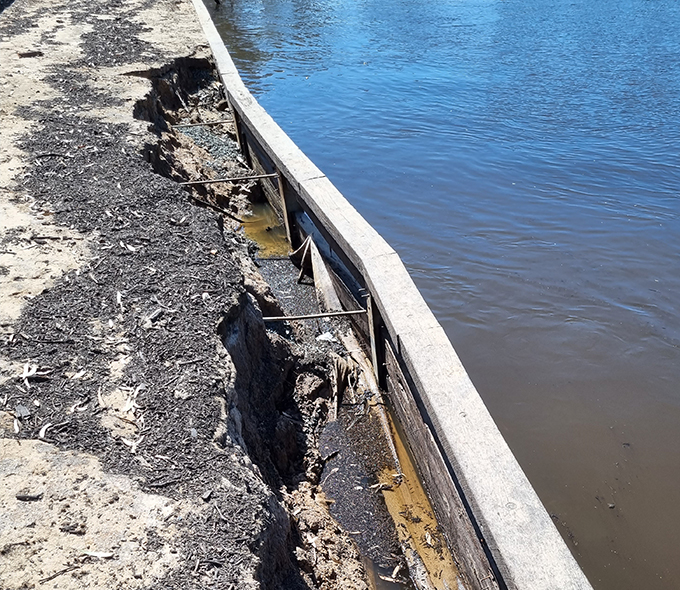- Schlumberger-SLB and TGS have lodged plans to seismic blast over a record 5.5 million hectares of sea between Victoria and Tasmania
- Australia’s south-east seas are full of marine treasures, from southern right and blue whales, seals and bluefin tuna, to kelp forests and unique deep-sea corals
- International Energy Agency says we cannot open up any new fossil fuel schemes if we want to keep the global warming to 1.5oC
A massive seismic blasting operation between Victoria’s Otway coast and north-west Tasmania threatens our marine life, including southern right whales, blue whales and bluefin tuna, the Australian Marine Conservation Society said today.
Schlumberger, now rebadged as SLB, and partner TGS recently lodged plans with Australia’s offshore oil and gas regulator, NOPSEMA, for seismic testing over a record area of 5.5 million hectares in Australia’s south-eastern waters. NOPSEMA has now released those plans for public comment.
AMCS Oil and Gas Campaign Manager Louise Morris said: “Offshore oil and gas exploration is dangerous even before a well is sunk. Seismic blasting is deadly for marine life and can impact all levels of the food chain from its very foundations, killing zooplankton more than a kilometre away, to deafening whales.
“Schlumberger-SLB and TGS’s proposal is the biggest seismic blasting operation ever proposed for Australia’s south-eastern waters. Marine life will be bombarded by 220-250 decibel explosions of sound – louder than a bomb blast – every 10-12 seconds for several months.
“Seismic blasting can have a devastating impact on whales and other marine life. This barrage of noise can cause hearing loss and disturb essential behaviours such navigation, communication, feeding and breeding.
“Seismic blasting also harms species that have value to commercial fishing interests. It can kill scallops and impacts the immune systems of southern rock lobsters.
“Australians don’t want more oil and gas mining in our oceans. There is strong and increasing community opposition to offshore exploration in Australia. In the past decade communities have stopped BP, Chevron and Equinor from drilling in the Great Australian Bight, they have opposed proposed gas exploration off the coast of Sydney, Newcastle and the Central Coast, and there is a growing campaign against gas drilling off the coast of the Otways and Tasmania.
“Australia’s south-east seas are full of marine treasures, from southern right and blue whales, seals and bluefin tuna to threatened kelp forests and unique deep-sea corals.
“The vast majority of marine life in Australia’s south-east waters is found nowhere else on Earth, including 85% of fish, 95% of molluscs, 90% of echinoderms and 65% of seaweeds. If we lose them from the southeast, it’s gone from the planet forever.
“We should not allow more oil and gas industrialisation in Australia’s south-east seas, where marine life is already being hit by the double threats of overfishing and climate change, with the waters there warming 3-4 times the global average.
“Australia must stop approving new fossil fuel schemes, especially in our oceans where the impacts can be devastating to marine life and coastal communities.
“The OECD’s conservative International Energy Agency said we cannot open up any new fossil fuel developments if we want to keep the global average temperature rise to 1.5°C.”








